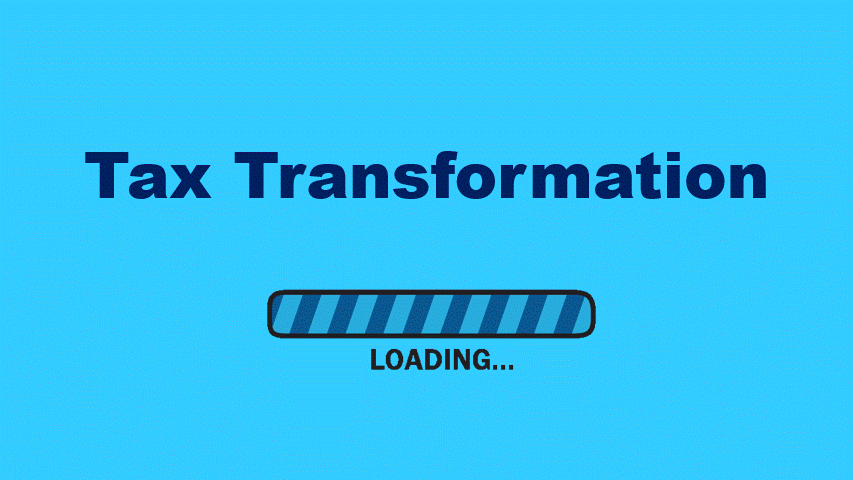How far are you on your digital transformation journey? The scale below may offer some guidance.
Starting at the top, which is the last statement that accurately describes your tax function today (be honest)?
5% – the word “transformation” has entered the lexicon but plans are non-existent or lack coherence
7% – a tax or IT professional is put in charge of tax technology without any proper training
10% – the company is digitalizing and tax is tagging along, but transformation initiatives have little or no transformation in them
20% – a significant, corporate data initiative is in progress but not yet effective
30% – hiring of taxologists has begun, but the company is unsure what to do with them even if they can be identified and found
40% – a major mindset shift at the top, not just in tax; a true break with the past is acknowledged
50% – a reorg brings tax business and tax IT personnel under the same delivery structure
60% – a truly transformative vision is articulated, along with realistic mechanisms for fulfilment, governance, and control. For the most part after the reorg, everyone left now “gets it”
70% – momentum builds, successes mount up, a critical mass is reached. Fixed SOWs are pushed aside in favor of more agile co-sourcing, upskilling, “gig” consultants, collections, online communities, and tools
80% – tax professionals are genuinely becoming digitally aware, tech-savvy, and data literate. Patience with static, over-engineered, complex point solutions and tax applications is wearing thin. Continuous innovation is taking hold
90% – tax data is under holistic control and fully “trusted”. Tax are no longer just subject matter experts but full business partners to the rest of the business
100% – tax technology is a core competency of a new, fully digitally-enabled tax function. Modern tax professionals define themselves by their prowess with enterprise data and the advanced tools they use.
Notice that automation does not appear anywhere in this list. That’s because business process automation is not digital transformation. They’re both relevant, but quite different. Automation brings efficiencies to your current tax function ecosystem, whereas transformation questions every part of that ecosystem, ransacks it, and then rebuilds it according to the new rules of digital tax. As a result, one rarely leads to the other.
Neither does hiring a big name consultancy appear in the list. While they have their place, commercial imperatives demand they play to your current mindset, not a transformed one outside your comfort zone. Real change must come from within.
Also, forget running RFPs to solve the problem. New technology itself will not cause transformation. In the digital world, “technology” needs re-orchestrated people, process and technology to bring anything more than incremental value at best.
So, think differently and explore first, if you want your tax function to truly perform and transform in the digital-era.


No comment yet, add your voice below!